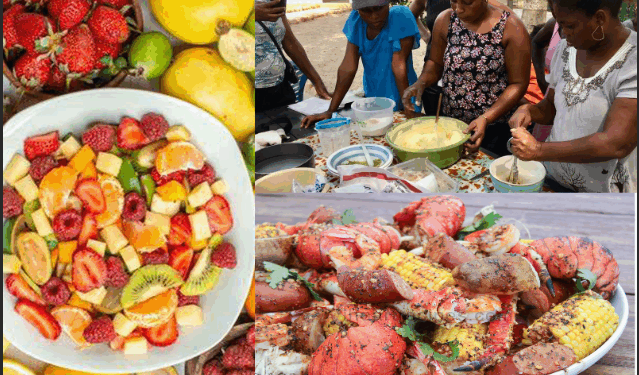During Ghana’s rainy season, high humidity and fluctuating temperatures create an environment ripe for bacteria and fungi. This increases the risk of foodborne illnesses, making it crucial to be mindful of dietary choices. Here are five foods to avoid for optimal health:
ICYMT: Mahama Unveils Bold Plan to Reopen Bond Markets, Link Borrowing to Viable Projects
- Leafy Green Vegetables
While nutritious, leafy greens like spinach, lettuce, and cabbage can be risky during the rainy season. The damp conditions encourage bacterial and fungal growth, which may not be completely removed by washing. Consuming contaminated greens can lead to gastrointestinal issues. Choose vegetables like gourds and pumpkins, which are less prone to contamination. - Street Food
Though tempting, street foods should be approached with caution during the rainy season. Increased humidity and potential exposure to contaminated water heighten the risk of foodborne infections. Additionally, the hygiene standards of street vendors can be unreliable, increasing the chances of illnesses like diarrhea and typhoid. - Seafood
The rainy season coincides with the breeding period for many fish and seafood species, making them more susceptible to contamination and spoilage. Consuming such seafood can lead to food poisoning and digestive issues. It’s best to limit or avoid seafood during this time. - Pre-Cut Fruits and Raw Salads
Pre-cut fruits and raw salads can harbor bacteria, especially when exposed to open air and handled without proper hygiene. The risk increases during the rainy season due to heightened moisture and potential contamination from dirty water. Opt for freshly cut fruits prepared at home and cooked vegetables instead of raw salads. - Fried and Oily Foods
Fried items like samosas and pakoras are popular during the rainy season but can burden the digestive system. Their high oil content may cause bloating, indigestion, and acidity, particularly when metabolism slows in humid conditions. Moreover, reused cooking oil, common in some eateries, can be harmful. It’s wise to limit fried foods during this period.
Being mindful of food choices during Ghana’s rainy season is essential for maintaining good health. Opting for freshly prepared, home-cooked meals and avoiding foods prone to contamination can help prevent foodborne illnesses and ensure well-being throughout the monsoon.
SOURCE: PULSE GHANA


























